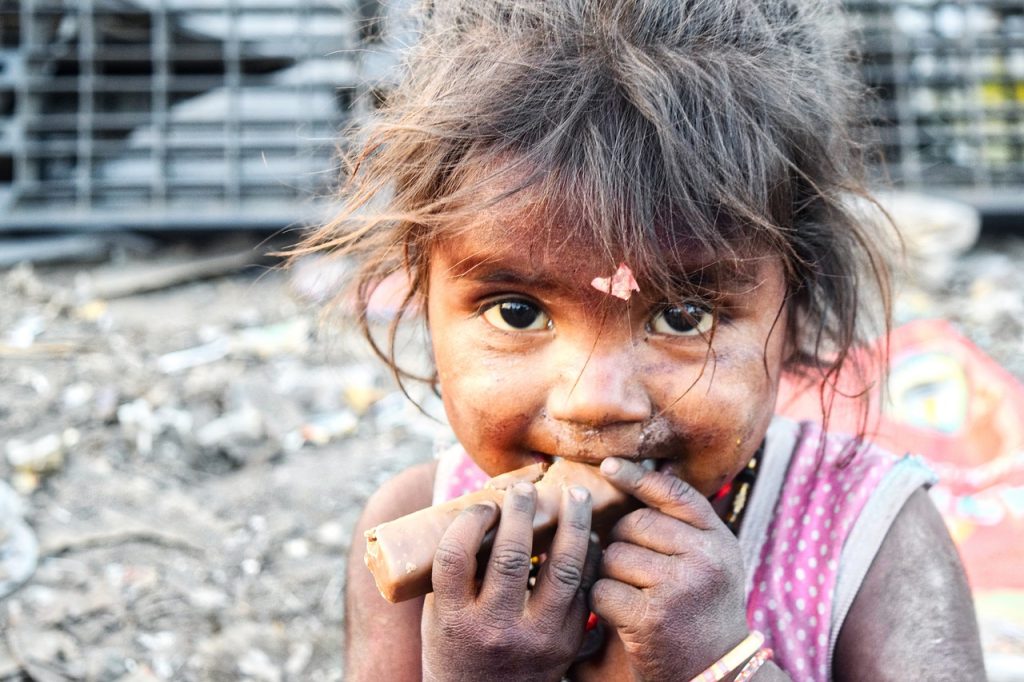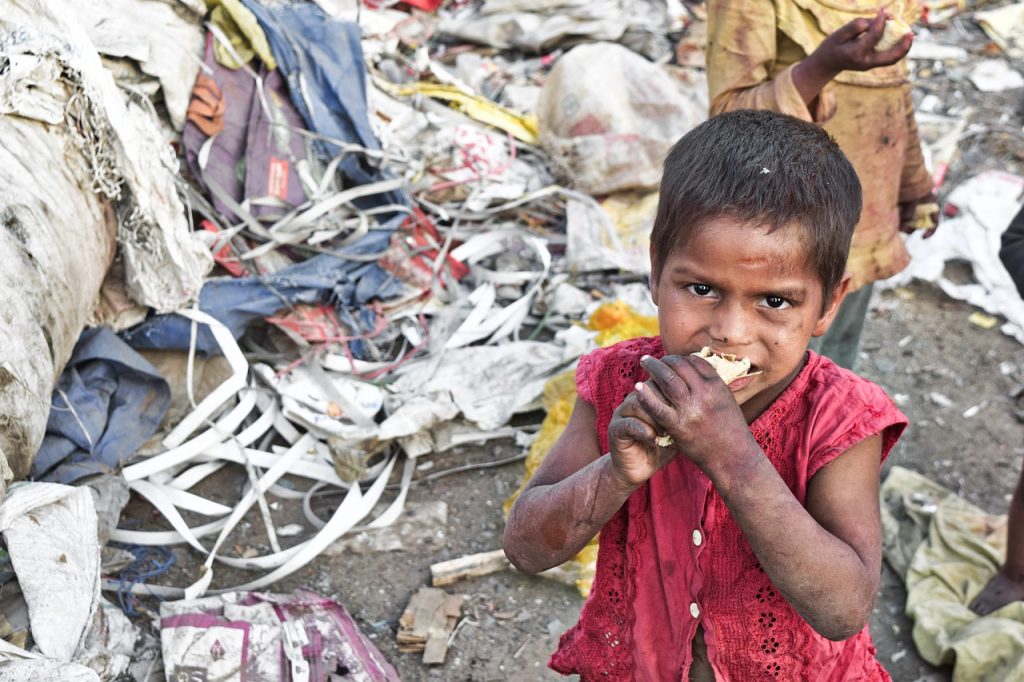A Global Food Crisis Is Looming, Here’s What You Need To Know
Learn the far-reaching effects of a looming global food crisis.
This article is more than 2 years old

A worldwide food crisis is imminent after the Russian invasion of Ukraine. This unexpected catastrophe has displaced millions and has affected industries affiliated with both nations. With specific business owners cutting down on production and countries pausing their exports, a chain effect could ripple worldwide.
Weeks after the invasion began, and prices for food, agricultural goods, and natural gasses have escalated to unfathomable heights. Wheat, a common pantry item in East Europe, has skyrocketed in price. This puts a significant strain on wheat production in Ukraine and Russia, which produces more than 30% of wheat globally. With essential foods becoming more costly, many nations worry about a potential food crisis for their citizens.
Farming goods are another piece of the agricultural market that has risen in cost. The most crucial tool for farmers, fertilizer, has experienced a massive bump in charge, putting many farmers under enormous financial strains. Many eastern European farmers rely on Russian fertilizer, but the Russian government has banned fertilizer exports. Without having a way to cultivate crops, a food crisis could be coming for many European countries.
The unprecedented demand for natural gas also plays a part in the looming food crisis. Eastern Europe, which imports fertilizer from Russia, can’t process its fertilizer because of how expensive natural gas has become. Though oil demand was high before the Russian invasion, the new sanctions on the Slovic nation have hindered hundreds of countries needing natural gas. This gas is crucial for making fertilizer, causing chaos amongst farmers who desperately need it.

Eastern Europe is not the only country threatened by a food crisis. Countries in Asia and Africa are restricting their exports to ensure their citizens have enough food on the table. In Egypt, the exportation of wheat, lentils, and flour has now been banned, worried about diminishing reserves. Indonesia reacted similarly, limiting the exportation of palm oil, a key ingredient in cooking. Anxieties around food scarcity put countries under challenging positions, relinquishing their economic prosperity in hopes of keeping enough food available.
In the west, countries are affected mainly by the rising food and shipping costs. Gas prices have also reached unbelievable heights, putting many American families in tight financial crunches. Though a food crisis might not be the same intensity for western countries, every country has experienced the harmful effects the Russian invasion has instigated.
For many, food insecurity was already a present issue. The Russian invasion has only furthered a global food crisis that materialized far before the pandemic. In 2019, people on the brink of famine totaled 27 million. Today, that number has nearly doubled to 44 million people. Many factors like climate change and high demand already put food exporters in a precarious position, with the newest geopolitical turmoil exacerbating the problem.
Rising prices, high demand, and less fertilizer bring the world closer to an uncontrollable food crisis. Though countries are putting sanctions on Russia for its violent initiatives, those sanctions have a ripple effect for governments everywhere. Since Russia is a significant supplier of important exports like natural gas and wheat, people, even thousands of miles away, are experiencing the consequences of this unnecessary invasion.





